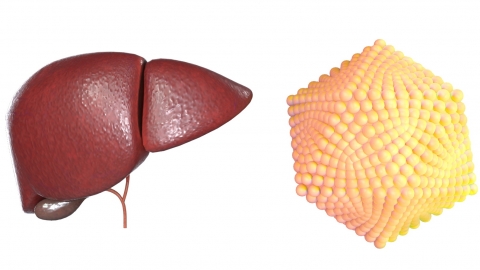Does hepatitis B get passed on to the next generation?
Hepatitis B usually refers to chronic hepatitis B. Under normal circumstances, chronic hepatitis B is not inherited by offspring, but the virus may be transmitted to children through mother-to-child transmission or close contact. Detailed analysis is as follows:

Chronic hepatitis B is an infectious disease, not a genetic disorder, and is not passed on to the next generation through genes. However, the hepatitis B virus is contagious and may affect children through mother-to-child transmission—for example, during pregnancy or childbirth, the virus might transmit to the fetus or newborn through blood or bodily fluids. In daily life, if a child's skin or mucous membranes are damaged and they come into contact with the patient's blood, saliva, or other virus-containing secretions, transmission through close contact may also occur, although this type of transmission can be effectively prevented through scientific measures.
Female patients planning pregnancy should consult healthcare professionals beforehand to assess their condition and develop a mother-to-child transmission prevention plan. During pregnancy, appropriate interventions should be carried out according to medical guidance. Newborns should promptly receive hepatitis B vaccination and hepatitis B immunoglobulin after birth to reduce the risk of infection. In daily life, patients and their children should avoid sharing personal items that might come into contact with blood, such as toothbrushes and razors, to minimize the likelihood of close-contact transmission. Additionally, children should undergo regular hepatitis B antibody testing to ensure effective protection.






